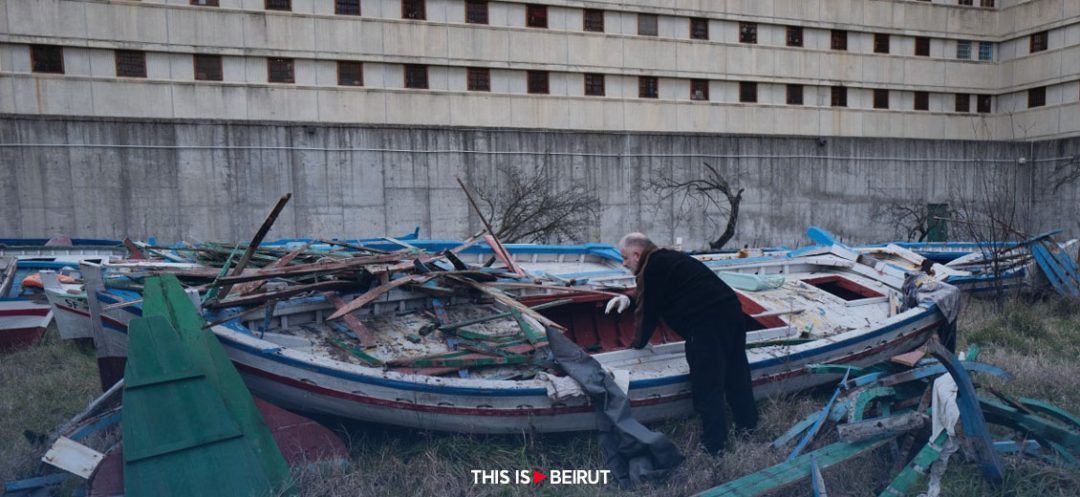
©Photo by Marco Bertorello/AFP
Italy’s La Scala opera house recently witnessed the debut of a unique orchestra, where instruments crafted from migrant boats offered a poignant tribute to those risking everything for a chance at a new life in Europe.
In a stirring tribute to migrants who have perished in their perilous journey across the Mediterranean to Europe, Italy’s prestigious La Scala opera house recently hosted the debut performance of the “Orchestra of the Sea.” The ensemble played on multicolored string instruments, dubbed the “violins of the sea,” which were crafted by prisoners from rickety boats that washed up on the shores of Lampedusa, Italy’s frontline island, in the migrant crisis. The debut performance, featuring compositions by Bach and Vivaldi, visibly moved the audience, underlining the profound message behind the creation of these instruments.
The idea behind transforming the cracked and diesel-soaked wood of the migrant boats into musical instruments came from prisoners at the high-security Opera prison near Milan, including Claudio, a 42-year-old serving a life sentence for murder, who, along with his fellow apprentice luthiers, watched the performance from the theater’s royal box. “To be invited to La Scala for something we created is magic,” Claudio expressed, highlighting the transformative journey of both the materials and the makers.
Arnoldo Mosca Mondadori, the visionary behind this initiative and president of the House of the Spirits and the Arts Foundation, aimed to give voice to the overlooked and discarded. “We give voice to everything that is usually thrown away: the wood from boats that is shredded, the migrants who flee war and poverty and are treated like trash, and the prisoners who are not given a second chance,” he stated. This endeavor not only brings attention to the tragedy of migration but also to the potential for rehabilitation and second chances within the prison system.
The central Mediterranean, notorious as the world’s deadliest migratory route, saw nearly 2,498 people die or disappear last year alone. The materials used to create the instruments — wood from the migrants’ boats, along with recovered personal items like a pink and white baby shoe, a baby bottle, and a tiny green T-shirt — serve as a harrowing reminder of the lives intertwined with these journeys.
In the Opera prison’s courtyard, amidst the remnants of dilapidated boats, prisoners like Andrea find a form of redemption in crafting these instruments. “You can smell the sea here,” Andrea remarked, capturing the emotional resonance that even the act of making the instruments evokes. Andrea, serving a life sentence for murder, sees his work in the wood workshop as a means to feel “alive and useful,” a sentiment echoed by Nicolae, a fellow prisoner, who finds rebirth in the meticulous process of building violins.
Under the guidance of master luthier Enrico Allorto, the prisoners employed traditional techniques to preserve the original varnish of the boats, adding to the instruments’ unique character. Allorto notes that while these violins may not match a Stradivarius in sound, they possess “a more muted timbre” yet are capable of conveying a wide range of emotions. “They arouse emotions in the musicians, who in turn transmit them to the public,” he explained, underscoring the reciprocal relationship between the instrument, the musician, and the audience.
The project celebrates the human capacity for empathy, creativity, and transformation. Through the “violins of the sea,” the stories of migrants, prisoners, and their shared humanity are woven into a narrative that transcends borders and barriers, resonating with audiences far beyond the walls of La Scala.
With AFP
Read more




Comments